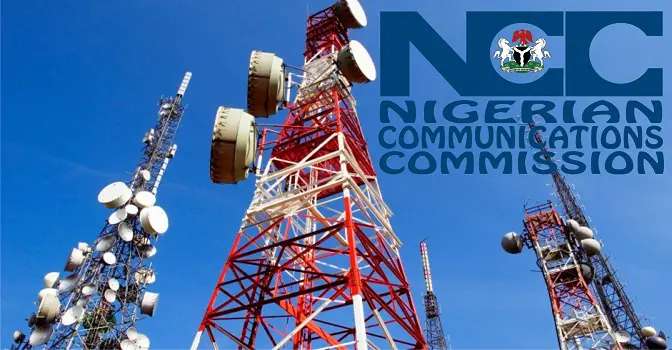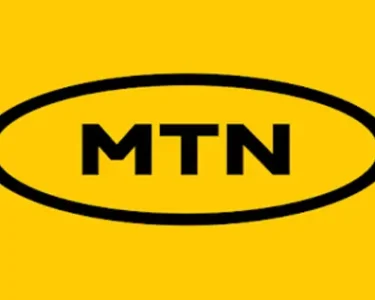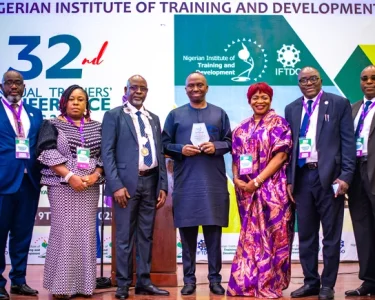The Nigerian telecommunications landscape remains in a curious state of suspended animation two years after the Nigerian Communications Commission (NCC) distributed over 40 MVNO licenses with considerable fanfare.
Despite the ambitious regulatory framework established in 2022, the market has witnessed a conspicuous gap between regulatory enthusiasm and actual implementation.
After numerous missed deadlines and prolonged anticipation, the sector finally celebrated its first commercial MVNO launch. This breakthrough came primarily through the persistent efforts of Vitel Wireless, which made use of existing agreements and interconnects with the mobile operators and worked with technology partners PortaOne and World Telecom Labs, rather than through regulatory facilitation.
“During an industry event in Brussels in June 2024, I met with NCC representatives who assured me that wider MVNO activation would happen ‘very soon, very soon,'” reveals Andriy Zhylenko, PortaOne CEO. “Yet almost a year later, the stakeholders across the industry continue to wonder when ‘very soon’ will finally arrive for the remaining 40+ license holders.”
The successful first launch demonstrates the framework’s potential but also underscores the frustrating pace of progress. As one industry observer noted, “The NCC created the vehicle and distributed keys to dozens of drivers, but the road to market entry remains puzzlingly difficult to navigate.”
Understanding African Market Realities
The successful Vitel Wireless launch was made possible by technology partners who understand the unique challenges of African telecommunications markets. World Telecom Labs, working alongside PortaOne, brings specialized expertise in developing solutions tailored to the region’s realities. Unlike other global markets, Africa requires innovative approaches that combine resiliency, ease of use, and low operating costs to match the low ARPU. A perfect example would be a “rural telco in a container”, where all the required equipment is placed inside a container (and no, we are not talking about fancy Docker containers used in cloud environments – we are talking about rugged metal boxes). This can be deployed in rural areas with no other infrastructure to provide satellite-backed coverage to remote communities. These custom solutions demonstrate the kind of market-specific innovation necessary to make MVNO operations both technically feasible and economically viable in challenging environments.
The Global Race That Hasn’t Started
The international telecommunications community has been watching Nigeria’s MVNO initiative with keen interest, anticipating what some have called “the great MVNO race.” With a five-tier license system and diverse players in place, this was expected to become a proving ground for different operational models and business strategies in a complex regulatory environment.
Yet the race has yet to begin. While Vitel Wireless demonstrated what’s possible, the majority of licensees remain on standby. Industry experts are now asking: Will 2025 mark the real start of competition, or will most players continue idling at the regulatory traffic light?




